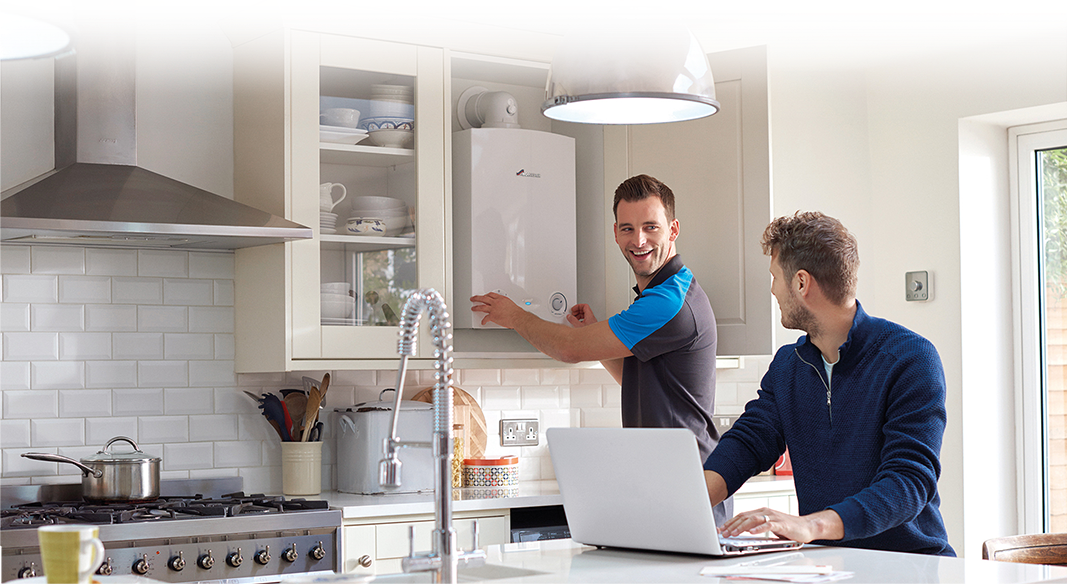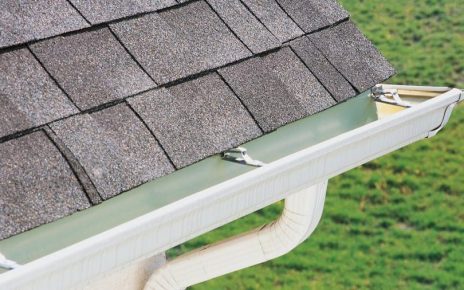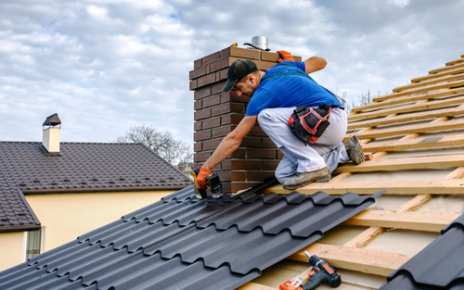Investing in a new boiler tends to be a decision that a lot of people need to make in a hurry. Usually, your old boiler has divided, it is the depths of winter and you need to really get your hot water and central heating restored to its former working glory.
Unfortunately, buying a new boiler and setting it up installed can be a little of any minefield of big decisions. Choose an unreliable boiler or make the incorrect decision about area of the installation, and it’s a mistake you as well as your bank balance will later regret.
We’ve consulted skillfully developed so that you can know how to get the best boiler installation. This consists of key decisions you need to consider that could prolong your boiler’s life.
Read on to find out what you ought to ask and tell your engineer when they visit to offer a quote, how to spot the telltale signs of an engineer who knows their stuff, and what you ought to expect from an effective boiler installation quotation.
If you want to learn about different types of boiler, go to is a combi boiler the right boiler for you?
Boiler installation
While you invite a heating engineer to give you a quotation for a fresh boiler, it should not be considered a quick conversation. We think a good installer should take time to conduct a complete heating survey of your home and learn about your heating and warm water requirements before providing you their recommendation on the sort and size of boiler you need.
Here are some questions to think about before you have a conversation with your installer:
What you need to know to get the best replacement boiler sheffield
Tell your boiler installer all about your heating and warm water needs at length, and also any future plans it’s likely you have for your home.
Have a take into account the following questions and be sure to relay the answers to your heating engineer:
How will you use your warm water? For example, will you regularly need warm water to more than one tap or shower head simultaneously?
Do you have a pumped power shower, or have plans for just one in the foreseeable future? Changing to a combi boiler can have many benefits, such as space-saving in the loft or airing-cupboard, but this kind of boiler is not usually appropriate for a shower that has a powerful electric pump. If you do opt to get a combi boiler, you will need to ditch the pump on your shower.
Do your warm water requirements change over summer and winter? So do say if you regularly have family or friends stay over – such as at Christmas or parties.
What home improvements are you planning? Your installer should know if you are considering adding an extension, loft conversion or solar power panels, or if you believe you might install a new bathroom or under-floor heating.
An excellent installer will be able to offer you a full knowledge of the benefits associated with each extra and advise if they are necessary. Not absolutely all these extras will be essential for many installations.
The cost, that will vary by property, should be weighed up against the benefit for having all of them done. However, extras like a system flush and a water filter will tend to be best for the ongoing health of your boiler and prolong its lifespan.
Condensate disposal
This is the pipework that takes water created from the boiler away to the drain. External pipework should be kept to a minimum. If installation options only allow for external routing, the installer must be sure that the pipework is protected from freezing temperatures, relative to the manufacturer’s instructions.
Water treatment (cleansing and flushing – around £375, predicated on a three-bed semi-detached home with 10 radiators)
Most heating systems will demand at least a simple gravity cleanse and flush, with the help of a chemical inhibitor on the ultimate fill of the machine. Heavily sludged systems may necessitate a powerflush. Your installer should help you of which is best suited and just why. Some basic signs of a heavily sludged system include cold spots on radiators, system noise, and excessive heat-up times.
You can often get a rough notion of how clean or dirty the machine is yourself by carefully bleeding a little water from a radiator valve, with a tissue. When refilling the heating system, ensure the installer adds a chemical inhibitor to guard against the forming of sludge, corrosion and scale build-up.
Additional energy-saving measures
New government legislation requires that all new boiler installation includes at least one of four energy-saving measures. You can choose from: flue gas heat recovery, load-compensating thermostats, weather-compensating thermostats or smart heating controls.
Your installer can talk you through the professionals and cons of every and advise on the most appropriate for your home.



